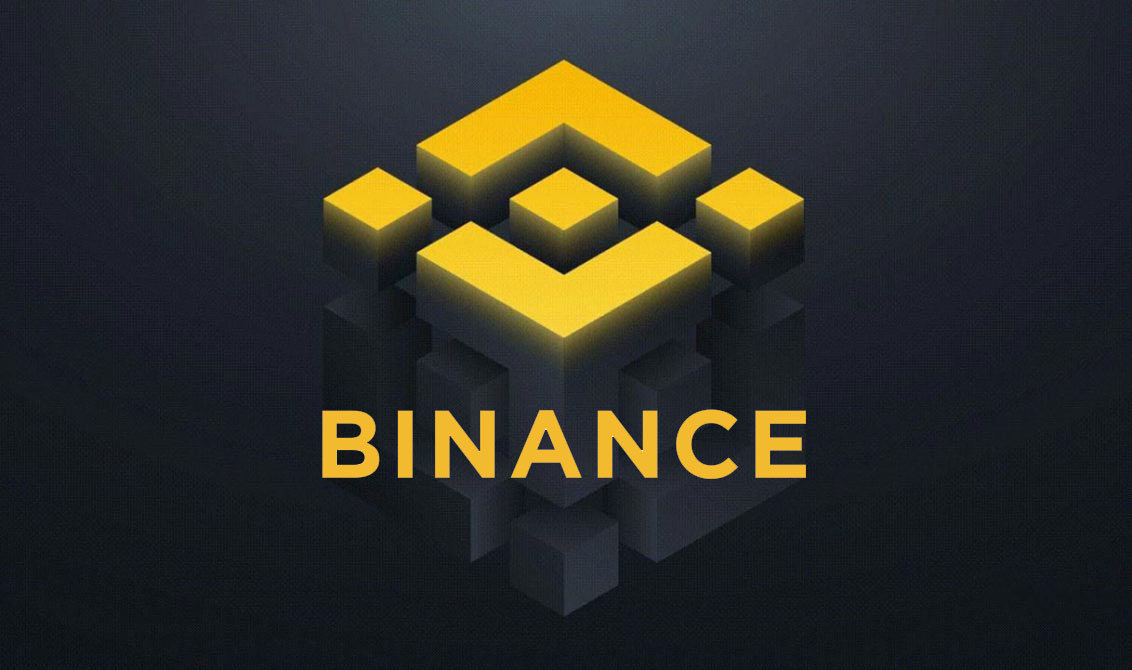Binance to Delist Non-MiCA-Compliant Stablecoins in EEA
03.03.2025 16:56 1 min. read Alexander Stefanov
Binance is set to remove several stablecoins from its platform in the European Economic Area (EEA) by March 31, in line with the region’s new Markets in Crypto-Assets Regulation (MiCA).
Among the stablecoins being delisted are Tether’s USDt and Dai, which will no longer be available for spot trading in the EEA.
However, users affected by this change will still be able to convert these stablecoins through Binance’s Convert feature. The exchange clarified that MiCA-compliant stablecoins, such as USDC and Eurite (EURI), will remain unaffected.
While Binance urged users to swap non-compliant stablecoins for either USDC, EURI, or fiat currencies like the euro, it emphasized that custodial services for these assets would continue. This means users will still be able to deposit or withdraw non-compliant stablecoins at any time.
The delisting affects a range of stablecoins, including Tether USDt, Dai, First Digital USD, TrueUSD, Pax Dollar, TerraUSD, and others.
This move is part of Binance’s ongoing efforts to meet MiCA regulations, with the platform still in the process of acquiring the necessary MiCA license. The exchange also made adjustments to its services in Poland earlier this year to comply with MiCA requirements.
-
1
Ethereum and Solana 2025 Update: Upgrades, Growth, and What’s next
12.07.2025 14:30 2 min. read -
2
Bitcoin Dominance Nears Key Resistance — Is Altseason Coming Next?
13.07.2025 17:00 2 min. read -
3
XRP Surges Toward $3: Main Factors Driving the Rally
16.07.2025 12:18 2 min. read -
4
Stellar (XLM) Surges 60% in 7 Days Amid Breakout and Partnerships
17.07.2025 14:33 2 min. read -
5
Ethereum Overtakes Bitcoin in Retail FOMO as Traders Shift Focus to Altcoins
17.07.2025 8:05 2 min. read
What is The Market Mood Right Now? A Look at Crypto Sentiment And Signals
The crypto market is showing signs of cautious optimism. While prices remain elevated, sentiment indicators and trading activity suggest investors are stepping back to reassess risks rather than diving in further.
Altcoin Breakout: ResearchCoin, Electroneum, and REI Network Lead The Rally
A wave of bullish momentum is sweeping through smaller-cap altcoins, with ResearchCoin (RSC), Electroneum (ETN), and REI Network (REI) all recording substantial 24-hour gains.
ETF Speculation and Legal Clarity Renew Optimism for XRP and Solana
XRP is drawing fresh investor attention as optimism builds around its legal standing and potential exchange-traded products (ETPs).
Ethereum: What The Last Move Tells us About the Next One
Ethereum is showing strength in the face of broader market weakness, holding firm even as Bitcoin and other major assets trend downward.
-
1
Ethereum and Solana 2025 Update: Upgrades, Growth, and What’s next
12.07.2025 14:30 2 min. read -
2
Bitcoin Dominance Nears Key Resistance — Is Altseason Coming Next?
13.07.2025 17:00 2 min. read -
3
XRP Surges Toward $3: Main Factors Driving the Rally
16.07.2025 12:18 2 min. read -
4
Stellar (XLM) Surges 60% in 7 Days Amid Breakout and Partnerships
17.07.2025 14:33 2 min. read -
5
Ethereum Overtakes Bitcoin in Retail FOMO as Traders Shift Focus to Altcoins
17.07.2025 8:05 2 min. read


